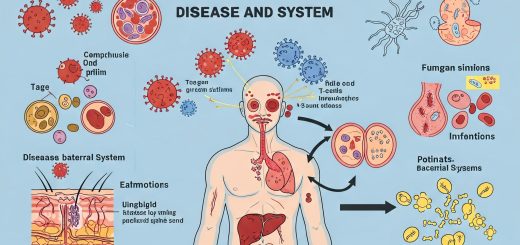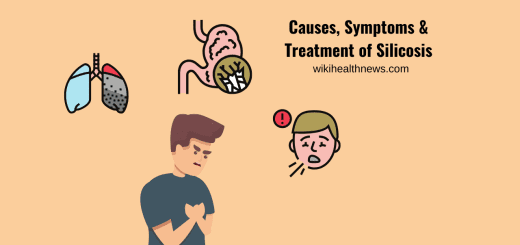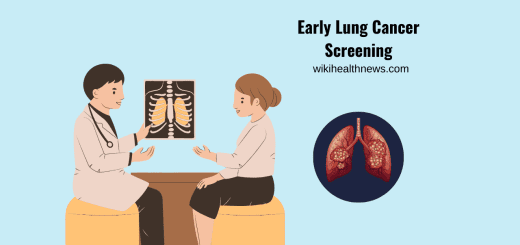Prostate cancer : What is new ?

Immunotherapy
For Prostate Cancer
What is Prostate Cancer ?
Prostate cancer is cancer that occurs in the prostate gland in men .
What is Prostate?
The prostate is a compound exocrine gland of the male reproductive system.The function of the prostate is to secrete a slightly alkaline fluid, milky or white in appearance, that in humans usually constitutes roughly 30% of the volume of semen along with spermatozoa and seminal vesicle fluid.
What are the symptoms of Prostate Cancer?
Prostate cancer that’s more advanced may cause signs and symptoms such as:
- Difficulty in urination
- Decreased force in the stream of urine
- Burning or pain during urination
- Difficulty urinating, or trouble starting and stopping while urinating
- More frequent urges to urinate at night
- Loss of bladder control
- Decreased flow or velocity of urine stream
- Blood in urine (hematuria)
- Blood in semen
- Discomfort in the pelvic area
- Bone pain
- Erectile dysfunction
What is the role of Immunotherapy in untreatable prostate cancer ?
A major trial has demonstrated, for the very first time, that the immunotherapy drug pembrolizumab is effective in treating advanced prostate cancer that did not respond to other treatments.
What is Immunotherapy ?
Immunotherapy is a type of cancer treatment that helps your immune system fight cancer. The immune system helps your body fight infections and other diseases.
What the trial shows regarding effectiveness of immunotherapy?
In fact, the trial shows that 1 in 10 men who were failed by all other types of treatment have benefited from the checkpoint inhibitor drug pembrolizumab, and that for many of these patients, the benefits are still showing after a year.
How prostate cancer spreads?
In Prostate cancer abnormal cells multiply in an uncontrolled manner . It sometimes spread outside the prostate into nearby or distant parts of the body called metastasis. Prostate cancer is generally a slow growing disease but sometimes it can be high grade disease spreads quickly and can be lethal.
What are factors that increase the risk for Prostate Cancer?
Factors that can increase your risk of prostate cancer include:
- Age: Risk increases age.
- Race: Black men carry a greater risk of prostate cancer than do men of other races.
- Family history: If men in your family have had prostate cancer, your risk may be increased. Also, if you have a family history of genes that increase the risk of breast cancer (BRCA1 or BRCA2) or a very strong family history of breast cancer, your risk of prostate cancer may be higher.
- Obesity: Obese men diagnosed with prostate cancer may be more likely to have advanced disease that’s more difficult to treat.
How to prevent or reduce the risk of prostate cancer?
You can reduce your risk of prostate cancer if you:
- Choose a healthy diet full of fruits and vegetables. Whether you can prevent prostate cancer through diet has yet to be conclusively proved. But eating a healthy diet with a variety of fruits and vegetables can improve your overall health.
- Choose healthy foods over supplements. Choose foods that are rich in vitamins and minerals so that you can maintain healthy levels of vitamins in your body.
- Exercise most days of the week. Exercise improves your overall health, helps you maintain your weight and improves your mood. There is some evidence that men who don’t exercise have higher PSA levels, while men who exercise may have a lower risk of prostate cancer. Men who get regular exercise may have a slightly lower risk of advanced prostate cancer.
- Maintain a healthy weight: Obesity is associated with poor prognosis and more likely to have advanced disease that’s more difficult to treat.
Blood test used to screen prostate cancer
Prostate-specific antigen (PSA)












